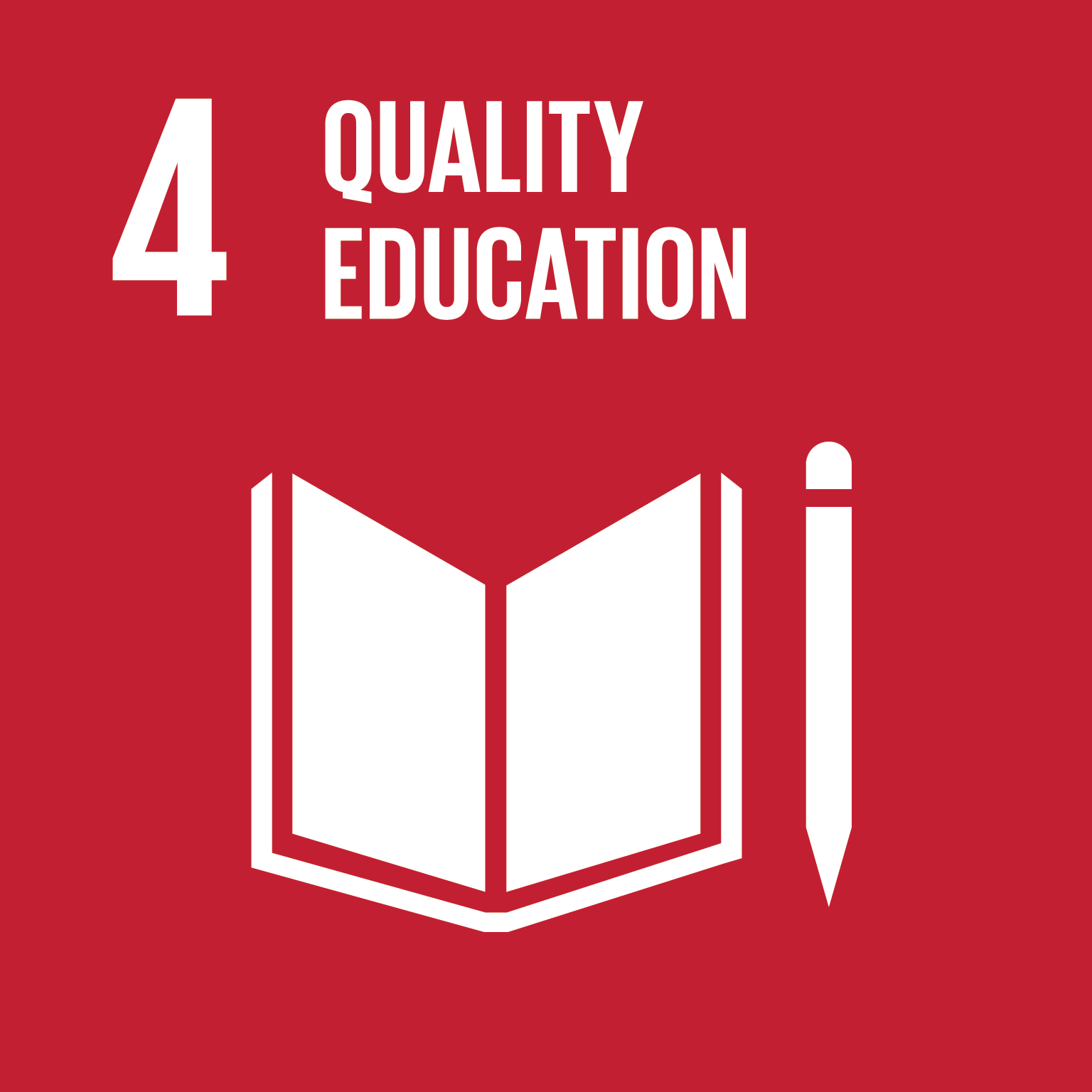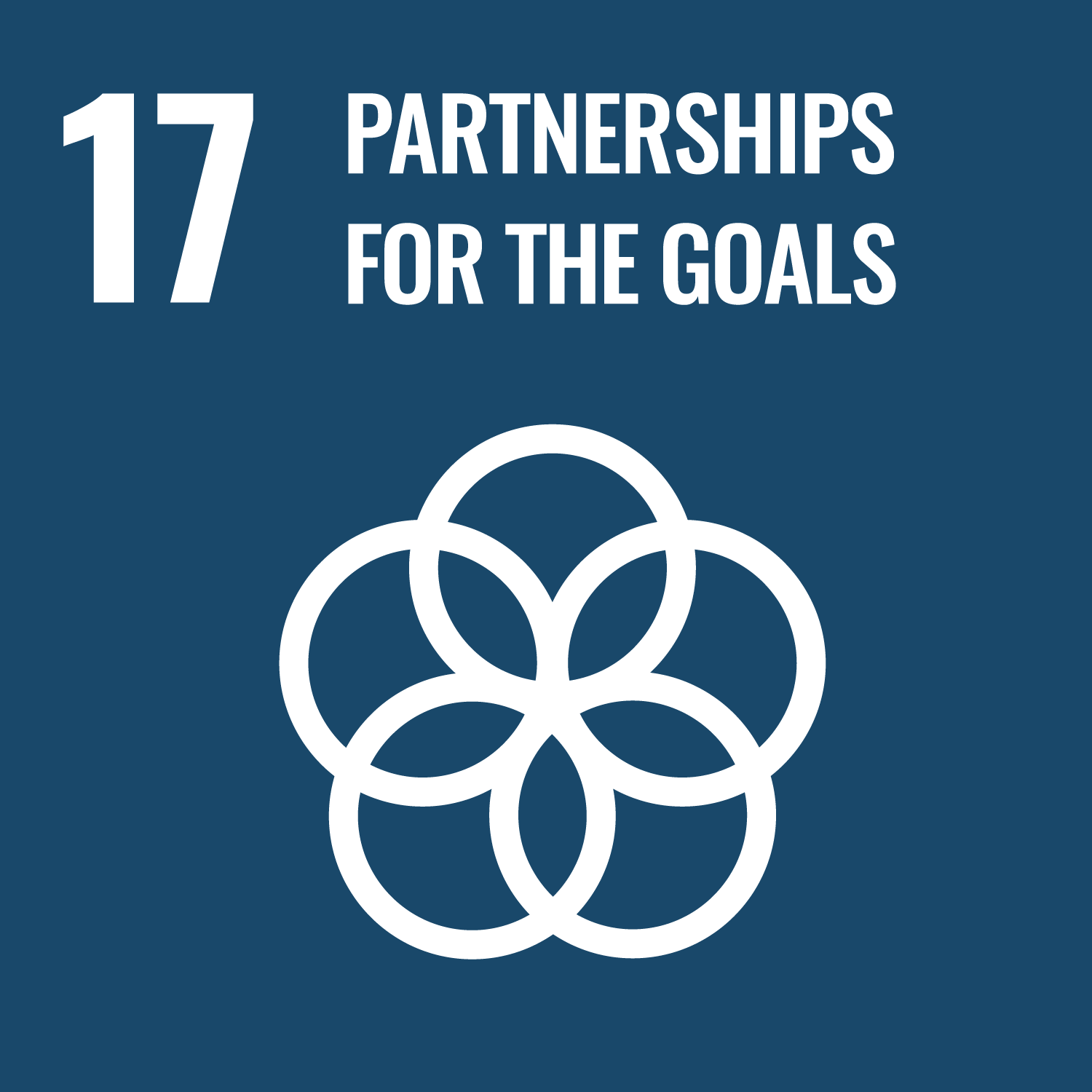Universiti Malaya Community Engagement Centre
Alongside elementary and secondary schools within PPD Petaling Utama, we held many sessions for computational thinking games with a total of about 500 kids over the project's period. The games that were played were Tower of Hanoi, Parallel Coloring, Sorting Games, Selection Games, and Graph Games. The games' rules and computational thinking ideas were introduced by the facilitators during the games. In the conclusion, participants' conceptual knowledge is evaluated. After that, we led training on computational thinking for 44 teachers at PPD Petaling Utama. In this session, educators gained knowledge of computational thinking ideas and had the chance to collaborate in teams to develop a brand-new computational thinking game. In order to work together on "Pertandingan Rekabentuk Permainan Computational Thinking 2018," which will take place on September 29 and 30, 2018, we have reached an agreement with the Malaysia Digital Economy Corporation (MDEC).
We administered pre- and post-tests during the computational thinking games session to gauge participants' understanding of the concepts involved in computational thinking. Both a pre-test and a post-test are administered before and after the individuals play the games. We thus turn this session into a contest. Groups of participants were formed. There were a number of stations, and each group had to gather marks for each one. The highest score will ultimately be calculated, and that score will be awarded a reward.
Project information
Output of the Project
Feedback from Communities


Last Update: 24/02/2023